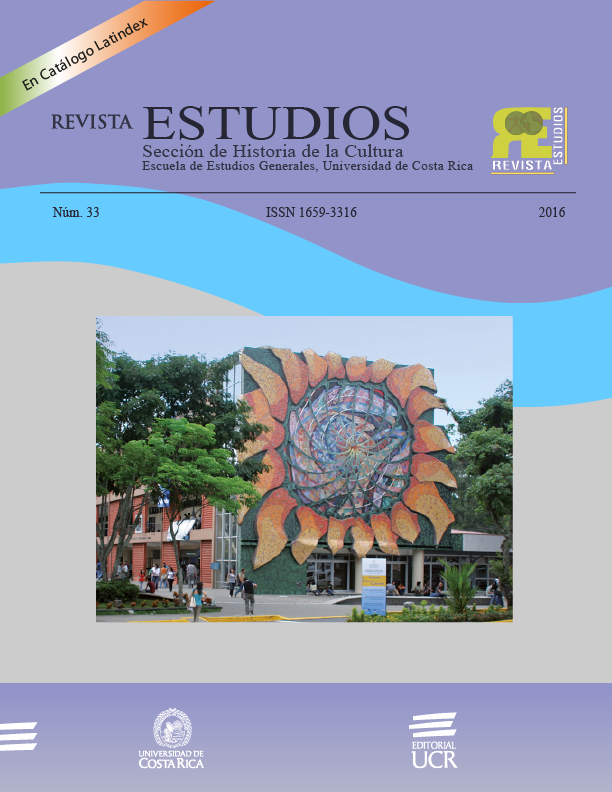Abstract
This article seeks to offer a reflection on the significant characteristics of women’s writing and their implications within a complex social context. It presents analysis of texts ranging from Yolanda Oreamuno’s essay Qué hora es?, the claiming of recognition in the poetry of Ana Iztarú, to the theoretical approaches of Rosario Castellamos and Lucía Etxebarría concerning how women that write about themselves are constantly generating new organizers of meaning. The result is the confirmation that, during the last four decades, women have become increasingly interested in reclaiming in their literary pieces an active and engaged role in relation to society; the representation mechanisms derived from this change in attitude result in the visibility and empowerment of the woman writer, protagonist and reader of the literary work.
References
BOMBAL, María Luisa. (1997). Obras completas. Introducción y recopilación Lucía Guerra. Santiago. Editorial Andrés Bello.
CASTELLANOS, Rosario. (2003). Mujer que sabe latín. México. Fondo de Cultura Económica.
DOBLES, Julieta. (1999). Los delitos de Pandora. San José, Costa Rica. Editorial Costa Rica.
ETXEBARRIA, Lucía. (2000). La Eva futura. Barcelona. Ediciones Destino S.A.
GUERRA, Lucía. (2006). La mujer fragmentada. Historias de un signo. Santiago. Editorial Cuarto Propio.
ISTARÚ, Ana. (1960). La estación de fiebre y otros poemas. San José, Costa Rica. EDUCA
MONTERO, Rosa. (2010). Historias de mujeres. Madrid. Santillana.
OCAMPO, Silvina. (1997). La furia y otros cuentos. Prólogo de Enrique Pezzoni. Madrid. Alianza Editorial.
OREAMUNO, Yolanda. (1999). El ambiente tico y los mitos tropicales. Heredia, Costa Rica. EUNA.
SHUA, Ana María. (1951). Botánica del Caos. Buenos Aires. Editorial Sudamericana.
STORNI, Alfonsina. (s.f.). Poesías de Alfonsina Storni. Buenos Aires. Editoria Universitaria de Buenos Aires.

